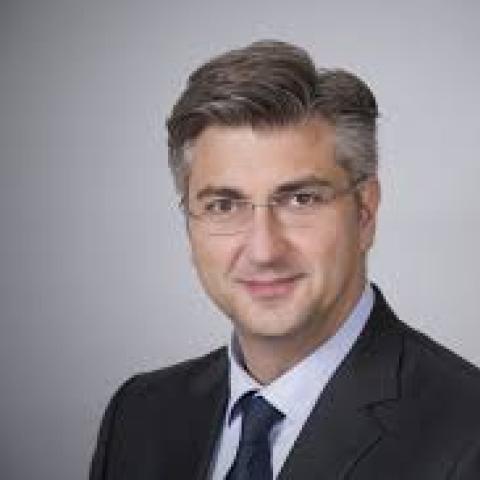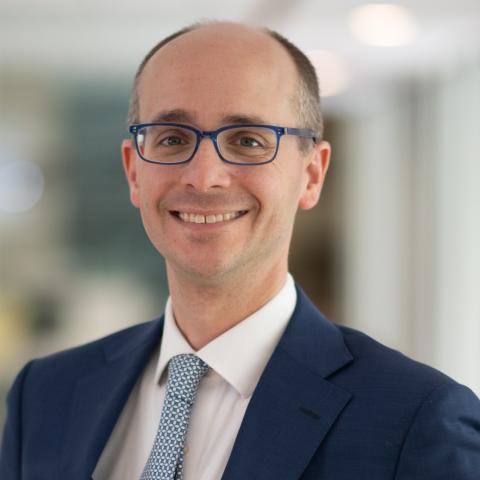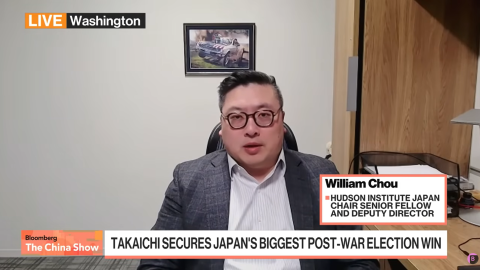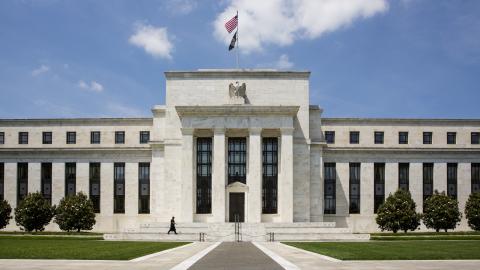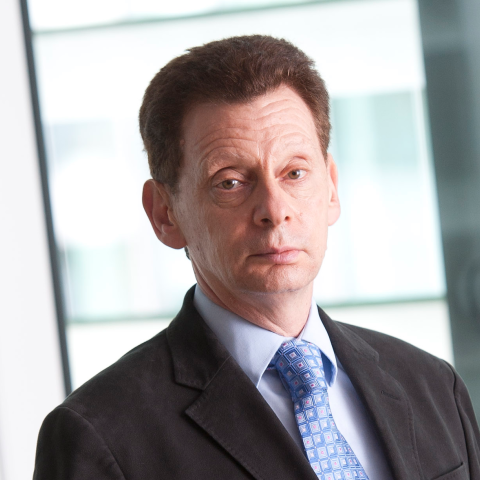
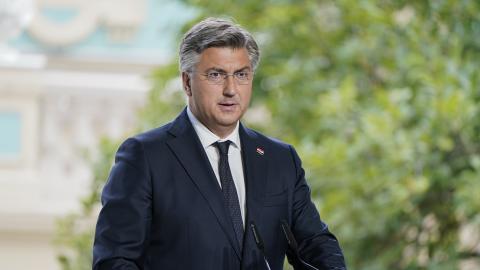
Caption
Prime Minister of Croatia Andrej Plenković during a briefing at the fourth summit of the Crimea Platform on September 11, 2024, in Kyiv, Ukraine. (Getty Images)
Related Events
17
February 2026
In-Person Event | Invite Only
Assistant Secretary of State Christopher Yeaw on the End of the New START Treaty
Featured Speakers:
Christopher Yeaw
Rebeccah L. Heinrichs
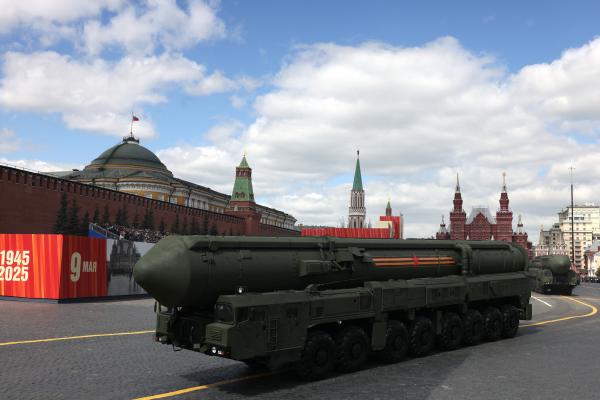
17
February 2026
In-Person Event | Invite Only
Assistant Secretary of State Christopher Yeaw on the End of the New START Treaty
Join Assistant Secretary of State for Arms Control and Nonproliferation Dr. Christopher Yeaw for a discussion on strategic deterrence.

Featured Speakers:
Christopher Yeaw
Rebeccah L. Heinrichs
19
February 2026
In-Person Event | Hudson Institute
The Economic Case for the US-Israel Partnership with Minister of Economic Affairs Noach Hacker
Featured Speaker:
Noach Hacker
Moderator:
Michael Doran

11
February 2026
Past Event
The National and Economic Security Implications of Fusion Energy
Featured Speakers:
Jimmy Goodrich
Keith LeChien
Jackie Siebens
Caleb Barnes
Trent Bauserman
Daniel B. Sinars
Shaun Walsh
Moderators:
Rebeccah L. Heinrichs
Nadia Schadlow
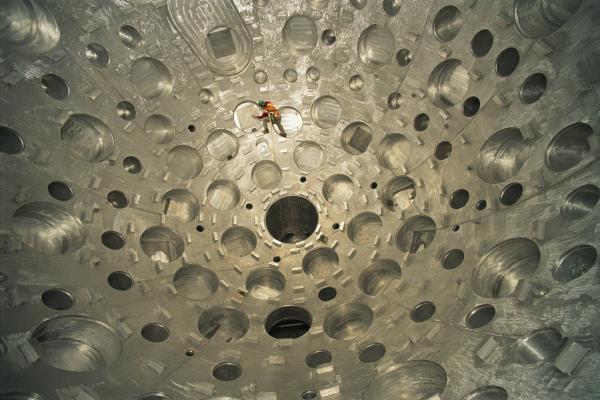
11
February 2026
Past Event
The National and Economic Security Implications of Fusion Energy
To examine the future of fusion and its geopolitical implications, Hudson will host a two-part event.

Featured Speakers:
Jimmy Goodrich
Keith LeChien
Jackie Siebens
Caleb Barnes
Trent Bauserman
Daniel B. Sinars
Shaun Walsh
Moderators:
Rebeccah L. Heinrichs
Nadia Schadlow
10
February 2026
Past Event
Assistant Secretary of War Michael Cadenazzi on Rebooting America’s Defense Industrial Base
Featured Speakers:
Michael Cadenazzi
Nadia Schadlow
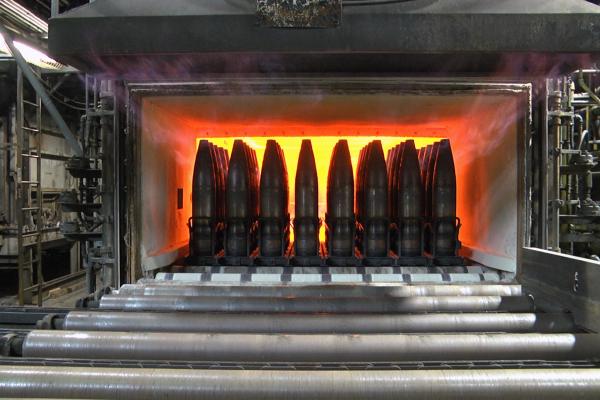
10
February 2026
Past Event
Assistant Secretary of War Michael Cadenazzi on Rebooting America’s Defense Industrial Base
Join Hudson for a conversation with Assistant Secretary of War for Industrial Base Policy Michael Cadenazzi, who leads the DoW’s efforts to develop and maintain the US defense industrial base to secure critical national security supply chains.

Featured Speakers:
Michael Cadenazzi
Nadia Schadlow
















